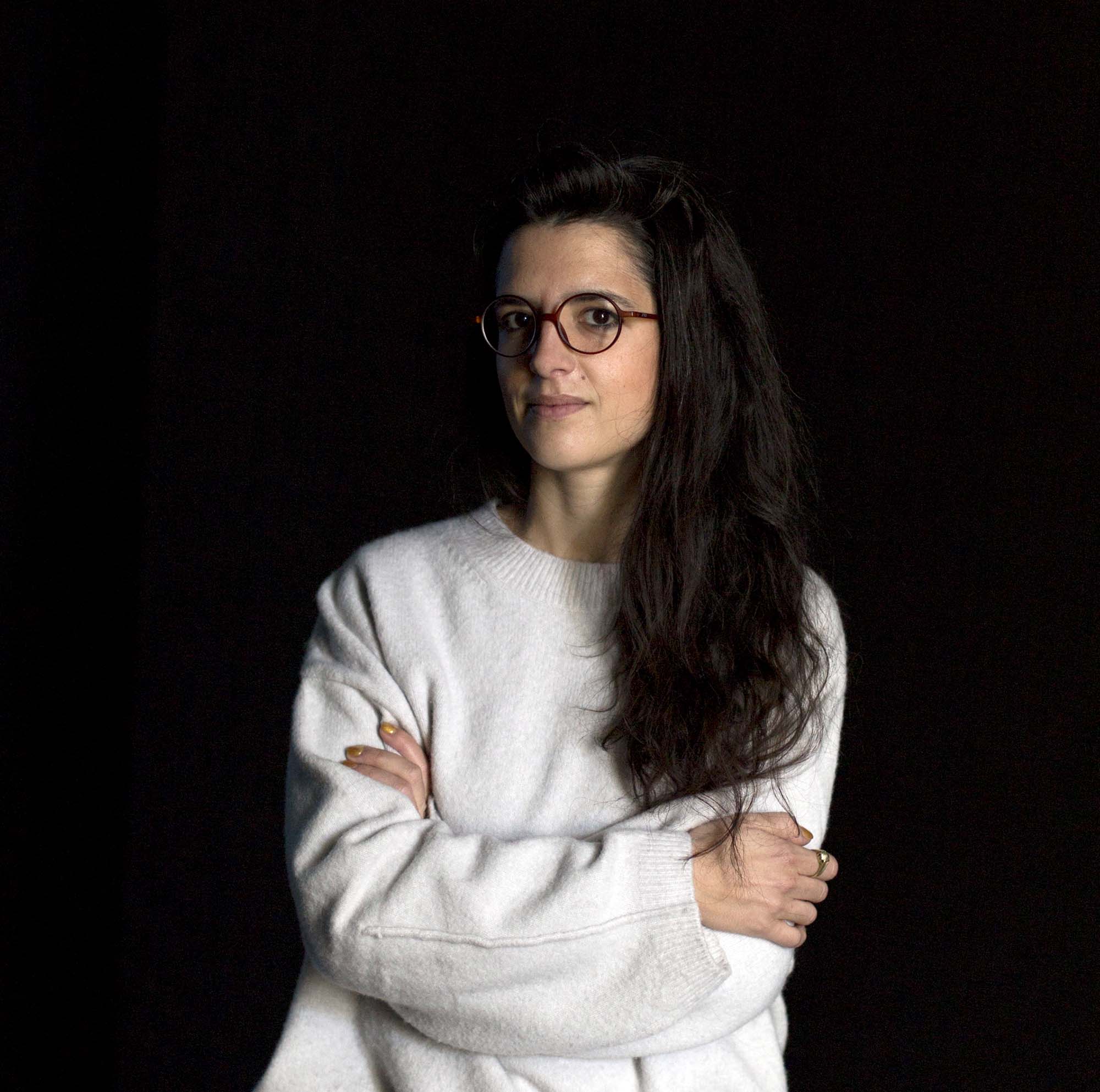Artista visual i cineasta, Claudia Claremi és graduada en Direcció de Cinema Documental per l'Escola Internacional de Cinema de Sant Antoni dels Banys (Cuba) i en Belles arts per la University of the Arts London (el Regne Unit) i l'Institut Superior d'Art de l'Havana (Cuba). Ha participat en programes alternatius d'estudi i producció artística com VISIO (El Schermo dell’Art, Florència), P.O.PS (Ayllu, Escorxador, Madrid), Campus (Latituds, Barcelona) i La Pràctica (Beta Local, Puerto Rico).
Les seves pel·lícules El Tiempo, Centella, Murciélago i El Monte s'han projectat i premiat en festivals de cinema com Raindance, Ann Arbor, Ji.hlava, FIC Guadalajara, Documentamadrid, Márgenes, els Rencontres Internationales Paris/Berlin, Vienna Shorts, Makedox, FIDBA, MIDBO, Trinidad+Tobago FF i PHotoEspaña.
La seva obra també s'ha mostrat en institucions com La Casa Encendida, Centre d'Art Fabra i Coats, Matadero, BilbaoArte, Fundación Sandretto Re Rebaudengo, Centre for Contemporary Arts Glasgow, Museo de Arte Moderno de Medellín i els Instituts Cervantes de Tòquio i Nova York.
Ha obtingut els premis XXI Generacions (Fundació Montemadrid), XXXI Circuitos de Artes Plásticas (Comunidad de Madrid), la beca Matadero CREA i el programa NOEXPO de l'Àrea d'Educació del Museu Reina Sofia.

Faig pel·lícules i exploro el llenguatge sensorial que la imatge i el so permeten, combinant mitjans com el vídeo, el cinema analògic, la fotografia, l'arxiu o la performance. El meu treball aprofundeix en el nivell subjectiu de les experiències col·lectives, explorant l'imaginari popular, la memòria compartida, les relacions espirituals, les formes de coneixement no racionals i l'inconscient col·lectiu. Sovint, els projectes comencen acostant-se a un context específic on activo una conversa amb aquells que després es converteienx en participants. En explorar llenguatges sensorials i experimentals, faig pel·lícules que acosten al públic a una experiència física, permetent ampliar la seva percepció sobre el que es representa. M'interessa generar espais vivencials que activin l'inconscient i que les obres funcionin com a dispositius en els quals s'evidencien les estructures de la modernitat occidental.